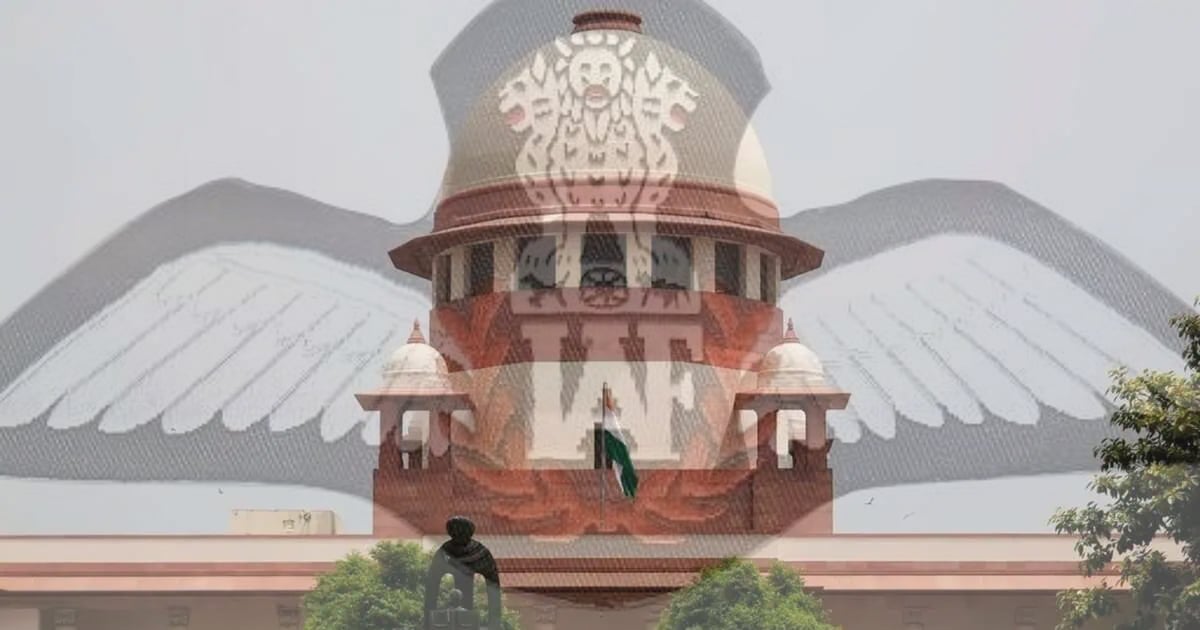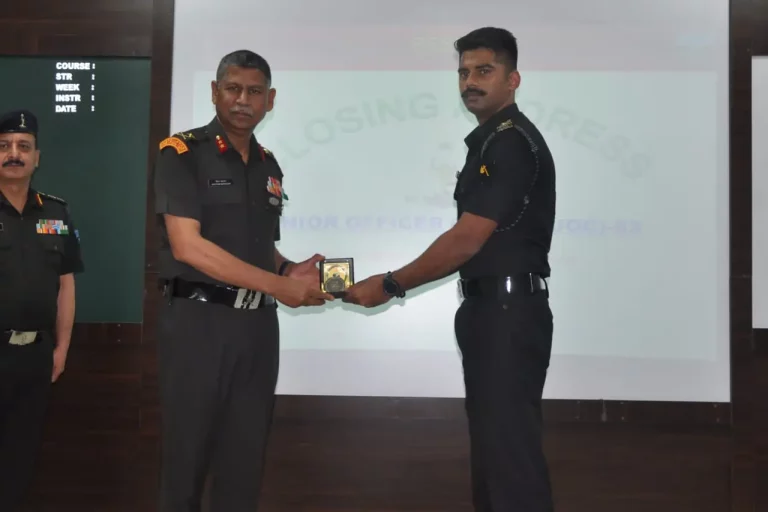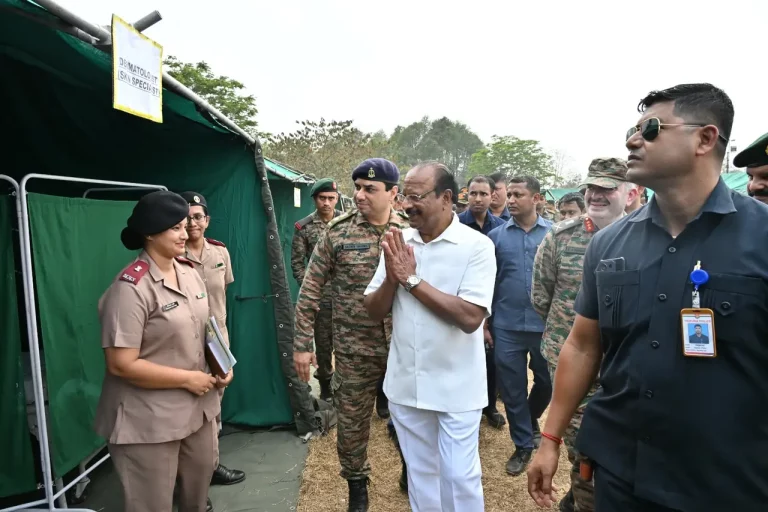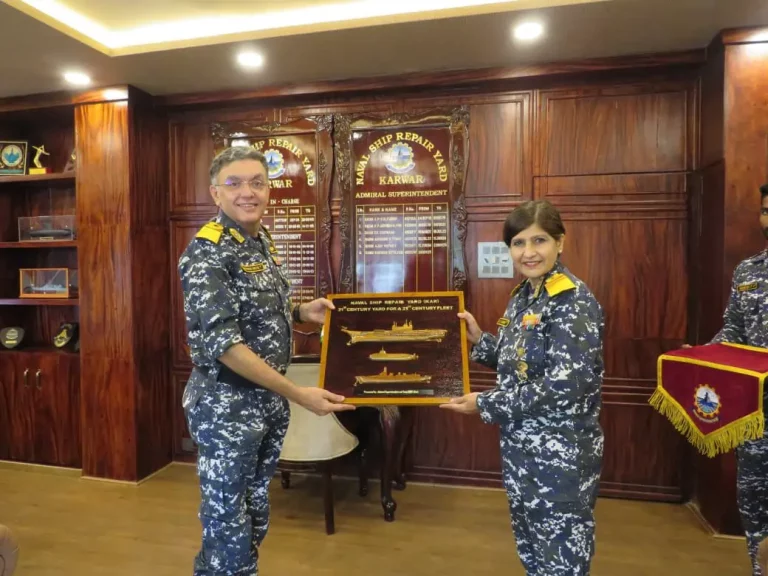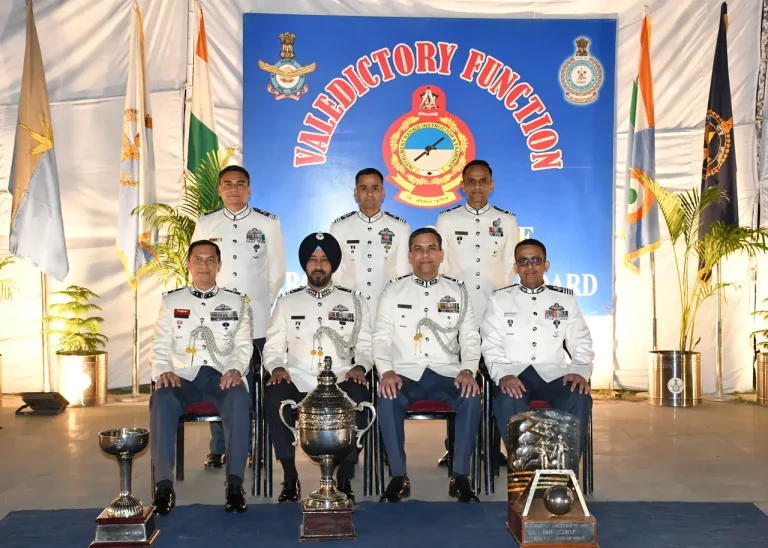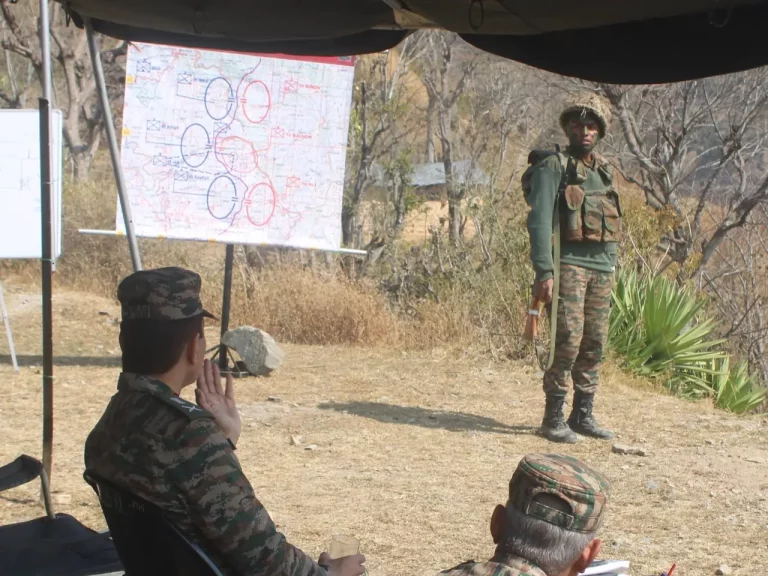The Supreme Court recently ruled to prohibit the release of Wing Commander Nikita Pandey, a prominent officer within the Indian Air Force (IAF) known for her significant contributions to Operation Balakot and Operation Sindoor. This decision came despite her being denied a permanent commission under a policy established in 2019, highlighting the complex dilemmas surrounding women’s service within the military.
During the proceedings, the bench, which included Justices Surya Kant and N Kotiswar Singh, expressed concern over the uncertainty that arises from such service conditions for officers in the armed forces. They acknowledged the crucial role that the IAF plays in national security, praising the professionalism and dedication displayed by its members.
Senior advocate Menaka Guruswamy, who represented Wing Commander Pandey, articulated the officer’s qualifications and achievements, emphasizing that Pandey stands as an expert fighter controller and ranks second in the country’s merit list for this specialization. Having dedicated over 13.5 years to her service, Pandey now faces forced retirement due to policy limitations on permanent commissions.
The bench probed the Centre and the IAF regarding the rationale behind the denial of her permanent commission. Additional Solicitor General Aishwarya Bhati, representing the government, acknowledged Wing Commander Pandey’s competence but clarified that the selection board deemed her unfit for a permanent role. Bhati also mentioned that Pandey had approached the Supreme Court directly without pursuing internal channels first, although a second selection board is expected to reassess her application.
The Court has ordered that Wing Commander Pandey’s service termination be postponed until subsequent directives are issued, with the next hearing scheduled for August 6, 2025. However, it has been specified that this ruling does not establish any entitlements for her favor and keeps all perspectives of the case open for consideration.
Highlighting the IAF’s structural constraints, Bhati outlined the challenges posed by the “steep pyramidal” nature of military hierarchies, which necessitate a cap on the number of permanent commissions available. Officers typically serve under a Short Service Commission for a maximum of 14 years, after which only a select few can transition to permanent roles, in order to retain the force’s evolution and efficiency.
Justice Kant emphasized the necessity for the armed forces to adapt to the burgeoning number of qualified women officers in the Short Service Commission, advocating for their integration into permanent positions wherever suitable. He cited that if a hundred Short Service Commission officers are recruited, the system should ideally accommodate all meritorious individuals into permanent roles.
Bhati countered that while a significant majority of officers are generally assessed as fit for a permanent commission, final decisions hinge on comparative merit and the limited number of vacancies present, which are dictated by the existing hierarchical system.
This ruling has sparked fresh discussions about the career trajectories of women within the Indian armed forces, highlighting the judicial system’s support for equitable treatment and clarity in career paths for officers like Wing Commander Nikita Pandey.
